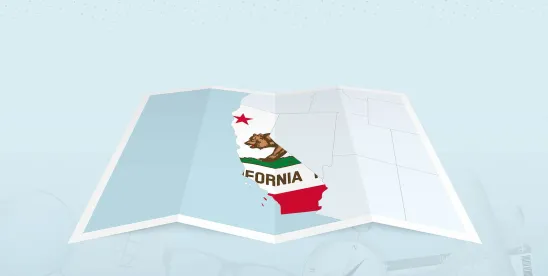This week, the U.S. District Court for the Northern District of California ruled in favor of children’s clothing retailer Janie & Jack, which sought to enjoin over 2,400 individual arbitration claims resulting from alleged violations of the California Invasion of Privacy Act (CIPA). Now, Janie & Jack will confront a single privacy class action suit as opposed to the more than 2,400 individual arbitration claims by its website visitors.
The parties notified the court of their agreement not to pursue arbitration but to rather proceed through a consolidated class action. Janie & Jack voluntarily dismissed its lawsuit in an attempt to avert the numerous claims by consumers.
Website visitors accused Janie & Jack of violating CIPA and the federal Wiretap Act through its website’s information gathering and tracking practices (also known as trap and trace claims). Janie & Jack alleges that such claims are inadequate because they lack allegations that the consumers created any accounts or conducted any transactions on the website or that Janie & Jack had breached any of its online terms.
Further, although Janie & Jack’s website terms include an arbitration clause, it claimed that the claimants never assented to the contract.
In its response, the retailer emphasized its intent to prevent the growing use of arbitration agreements as “weapons” by plaintiffs’ attorneys, thwarting their intended use of an efficient, effective, and timely progression of claims.
This case highlights a common practice: thousands of individuals, all represented by the same counsel, simultaneously file, or threaten to file, arbitration demands with nearly identical claims.
These allegations mark yet another instance of the growing trend of the plaintiffs’ bars’ push for “trap and trace” claims because they can leverage existing wiretap laws (particularly in California under CIPA) to argue that common online tracking technologies like cookies, pixels, and website analytics tools essentially function as trap and trace devices, allowing them to file complaints against companies for collecting user data without proper consent, even though these technologies were originally designed for traditional phone lines, not the internet, opening up a large pool of potential plaintiffs and potentially significant damages.
If you haven’t heard it enough, here it is again: NOW is the time to assess your website’s online trackers and update your cookie consent management platform, website privacy policy, and consumer data collection processes.
This article was co-authored by Mark Abou Naoum



 />i
/>i
